Business Mission to South Africa - Mining Indaba
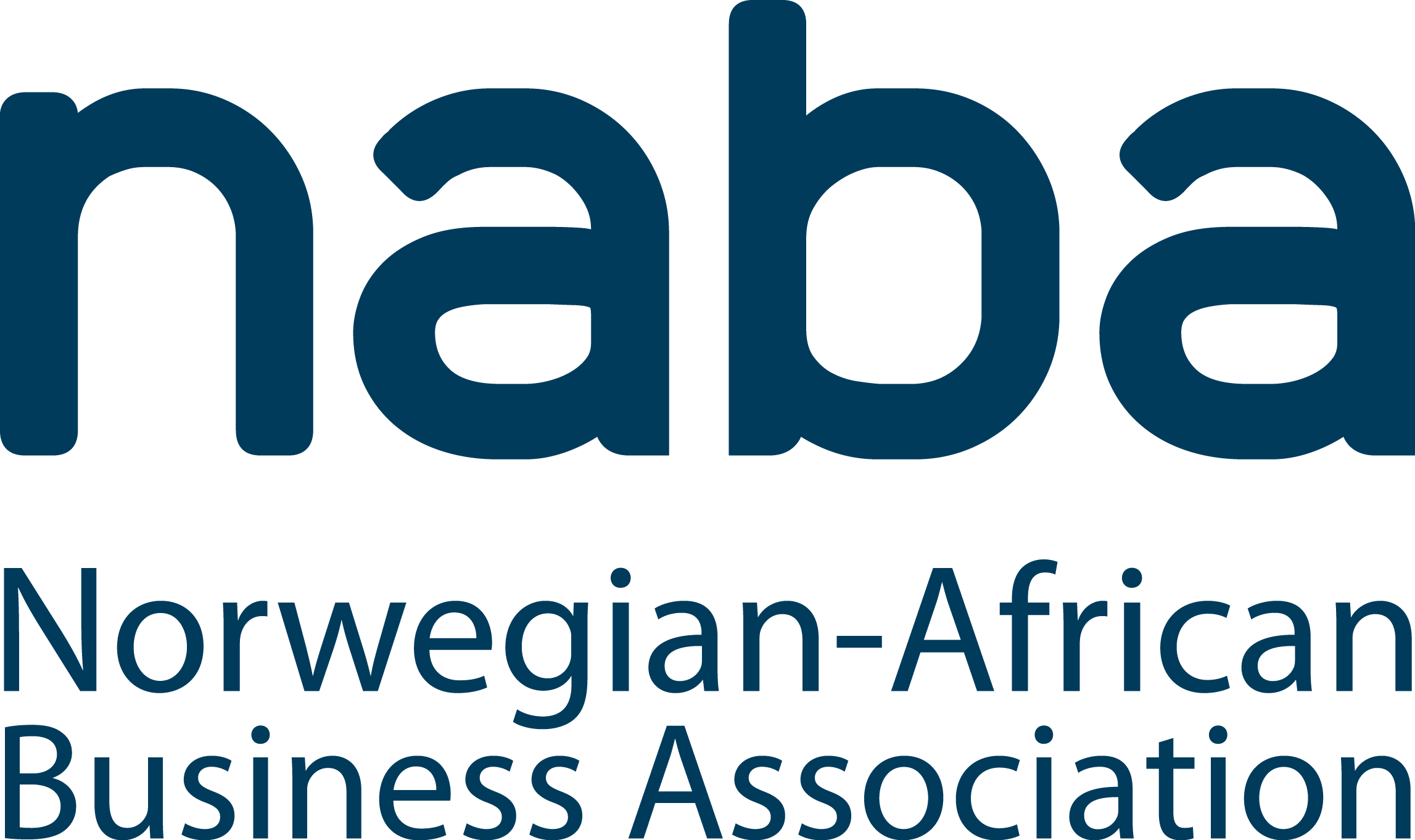
3-6 February 2025
Cape Town, South Africa
The Norwegian-African Business Association (NABA) is hosting a business mission to South Africa, and the 2025 Mining Indaba, taking place in Cape Town from February 03 - 06.
This Business Mission will provide a unique opportunity to gain market insights, make industry contacts, solidify business strategies, and advance specific projects, with the goal of strengthening the relationship and building partnership between Norway and South-Africa.
Commission Économie & Finance - "Élection de Donald Trump : Quels impacts sur les économies africaines ?"
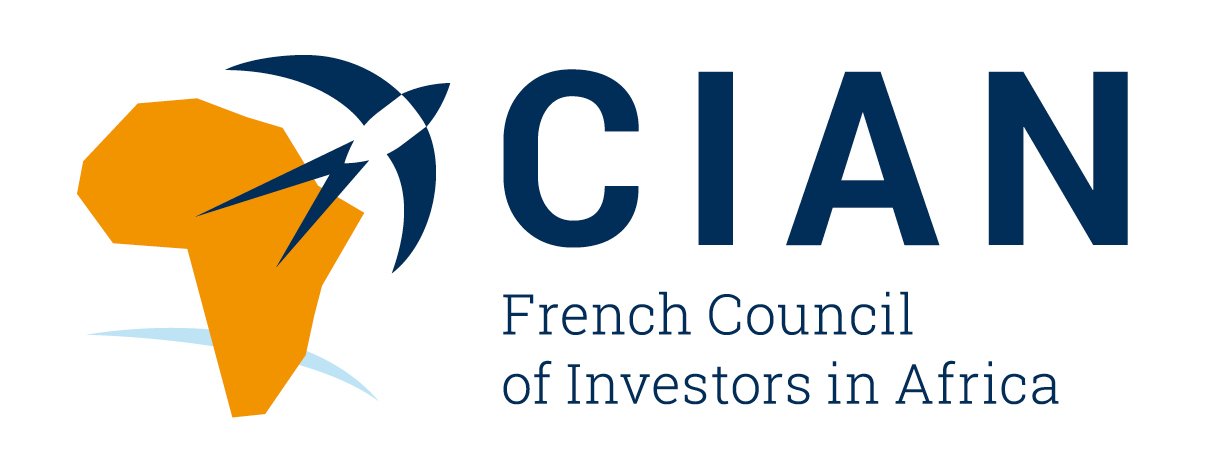
3 December 2024
Online
Lors de son premier mandat entre 2017 et 2020, la guerre commerciale initiée par le Président Trump à l’encontre de la Chine a eu un impact limité sur les économies africaines. En effet, la déjà faible valeur des échanges avec le continent n’avait subi qu’une inflexion, et certains pays exportateurs de produits manufacturés vers les États-Unis avaient même bénéficié de la situation.
Webinar: Namibia: Business Prospects and Opportunities for Greek Entrepreneurs

3 December 2024
16:00-17:30
The conference will deal with the country's economic situation, developments and trends, the business environment and export and investment opportunities
in Namibia.
11th German-African Agribusiness Forum

20 January, 2025
Berlin, Germany
EBCAM is pleased to announce its role as a supporting partner of the event organised by Afrika-Verein (German-African Business Association) and GAA – German Agribusiness Alliance.
11th German-African Agribusiness Forum
"Sustainable Agriculture and Rural Development through Regional Adaptation and Innovation"
January 20th, 2025, live event in Berlin. (Hotel Novotel Berlin am Tiergarten)

NABC New Year’s Reception 2025

24th January, 2025
Amsterdam, Netherlands
Join us on the 24th of January at the Heineken Experience in Amsterdam for an evening of celebration and connection at the NABC annual New Year’s Reception 2025, proudly presented in collaboration with our Strategic Partner, Heineken.
South Africa 30 Years of Democracy – Trade and Investment Promotion

December 3 2024, 17 h 00 min – 19 h 30 min
Brussels
Together with the South African Embassy, Brussels, the Vrije Universiteit Brussel (VUB) and the Chamber of Commerce, Belgium, Luxembourg – African, Caribbean and Pacific (CBL-ACP), it is our pleasure to request you to save the date for this event Celebrating 30 Years of Democracy – Promoting South African Trade and Investment.
NABC AMBASSADORS’ DINNER 2024
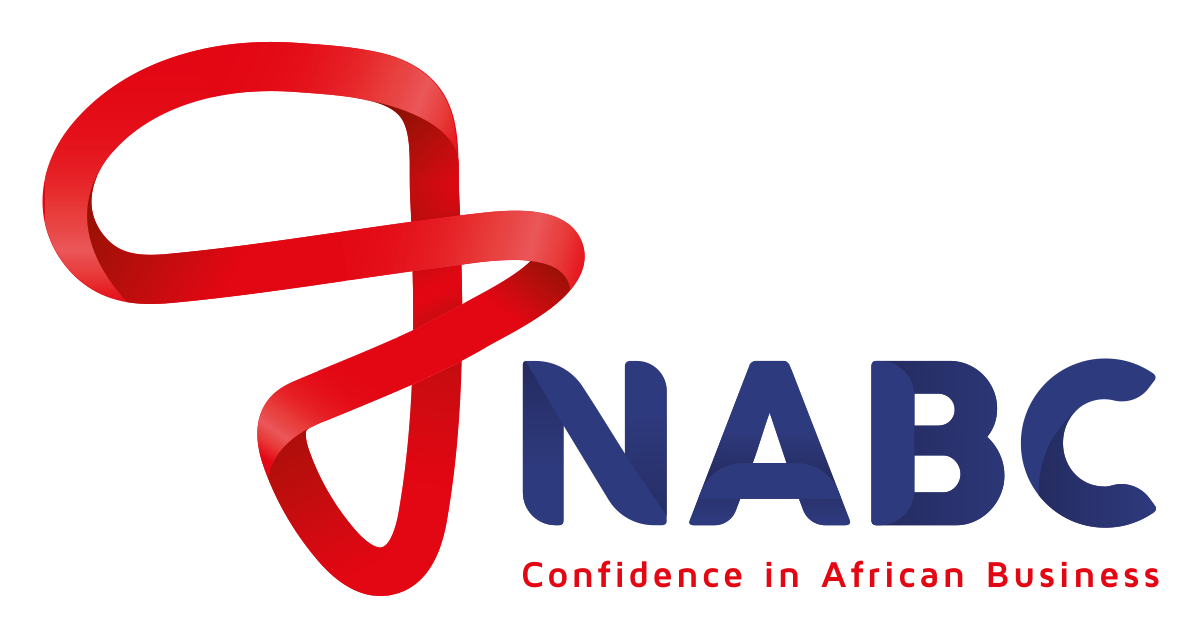
8th November, 2024
Wassenaar, Netherlands
Join the NABC for the 13th Ambassadors’ Dinner at Kasteel de Wittenburg, a premier networking event fostering business opportunities between Africa and the Netherlands. With participation from 25-30 African embassies, the event offers one-on-one matchmaking sessions with ambassadors and highlights Africa’s evolving infrastructure. It explores investment opportunities in sectors like agriculture, transport, and renewable energy. The evening also features the announcement of the annual ‘Doing Business in Africa’ Award, celebrating impactful business models. Secure your place for this exclusive event, offering valuable connections and insights.
Early Stage Investing in Africa: are African companies overlooked investment opportunities?
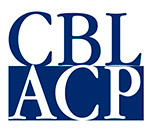
Brussels, 24th October 2024
18:30-22:00
In partnership with Madiba Club, Brussels Africa Hub and the CBL-ACP Chamber of Commerce, OVO is pleased to invite you to its next conference.
The conference will explore the potential of early-stage African companies and how investors can make better decisions. It will highlight the dynamism of young Afropreneurs and the importance of collaboration with visionary investors.
NABA Business Mission to Côte d'Ivoire
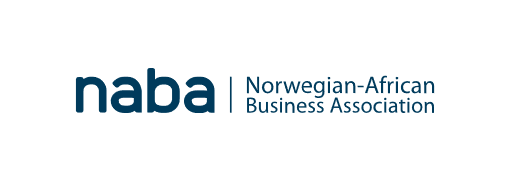
27-29 November, 2024
The Norwegian-African Business Association (NABA) and Norwegian Energy Partners (NORWEP) would like to invite you to the International Extractive and Energy Resources Exhibition SIREXE 2024 conference in Abidjan, Côte d'Ivoire, from Wednesday November 27 - Monday December 02, 2024.
Déjeuner-débat du Cian avec Mohamed El Kettani, PDG du groupe Attijariwafa bank
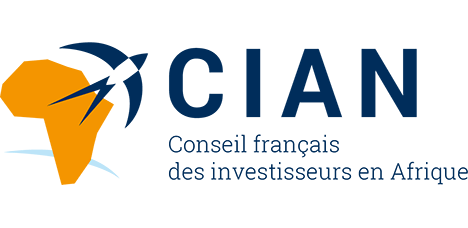
11 octobre 2024, de 12h30 à 14h30
Paris
Le Cian a le plaisir de vous convier le 11 octobre prochain à son Déjeuner-débat qui aura lieu à l'Automobile Club de France.
Notre invité d'honneur est Monsieur Mohamed El Kettani, Président Directeur Général du groupe Attijariwafa bank, vice-président du Groupement Professionnel des Banques du Maroc (GPBM) et administrateur de plusieurs sociétés.




